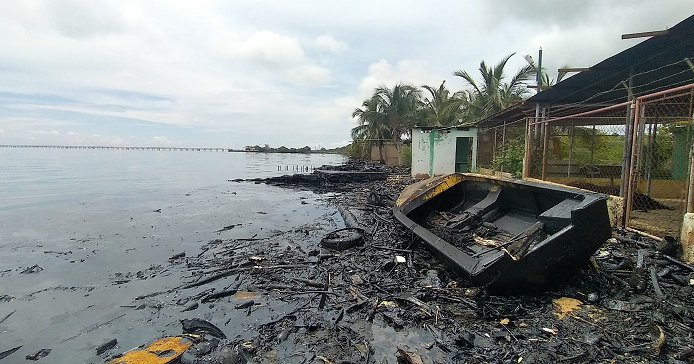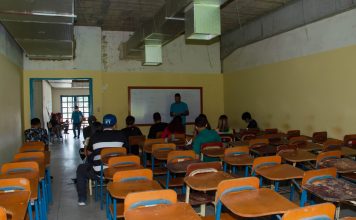25 oil spills were recorded in Venezuela between July and September

At least 25 oil spills were registered in five states of the country between the months of July and Septembera number higher than that reported in previous quarters, according to the Venezuelan Observatory of Environmental Human Rights Climate 21.
In July, 4 oil spills occurred, 14 in August and 7 in September, according to the recent organization reportwhich also highlighted that 11 of these were generated in the state of Zulia, 10 in Falcón, two in Anzoátegui and Carabobo and Monagas with one incident each..
Venezuelan State has not taken effective actions to control oil spills
Climate 21 recalled that the worst spill between those months occurred at the El Palito Refinery, which released contaminants for 90 days, affecting the waters and coasts of Carabobo, Falcón and Aragua, and putting protected areas at risk.
Despite its enormous importance and potential for damage, no effective actions could be observed to control and mitigate the effects of the spill. On the contrary, government opacity with respect to this type of events was accentuated.
“The Venezuelan government continues to fail in its obligation to adopt adequate measures to guarantee continuous improvement and sustained operational performance, seriously endangering the human rights of citizens in all affected areas,” the report outlined.
The organization warned that despite the detection of dead fish and the contamination of reefs, the government’s response was considered inadequate, and they denounce that it fails to comply with international standards and agreements.
Clima 21 reported that the presence of hydrocarbon was observed in the coral reef of Cayo Sur of the Cuare Wildlife Refuge, an area where a great diversity of invertebrate species and other organisms of great importance are found.
Various communities in Zulia, Falcón and Aragua reported having been affected by the oil spills that occurred. The main damages reported were the destruction or deterioration of their boats and fishing equipment and the decrease in fishing production.
Related News






Independent journalism needs the support of its readers to continue and ensure that the uncomfortable news they don’t want you to read remains within your reach. Today, with your support, we will continue working hard for censorship-free journalism!
